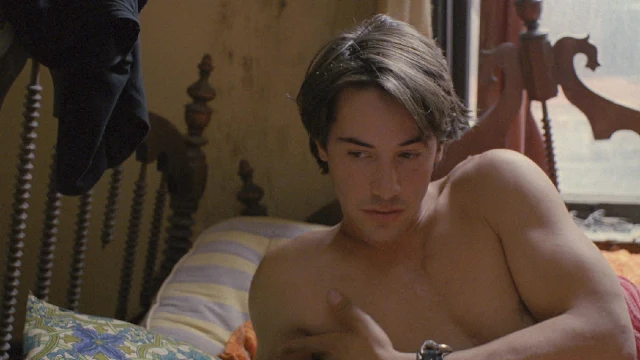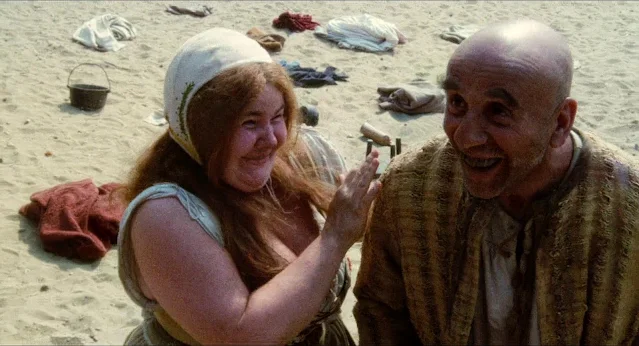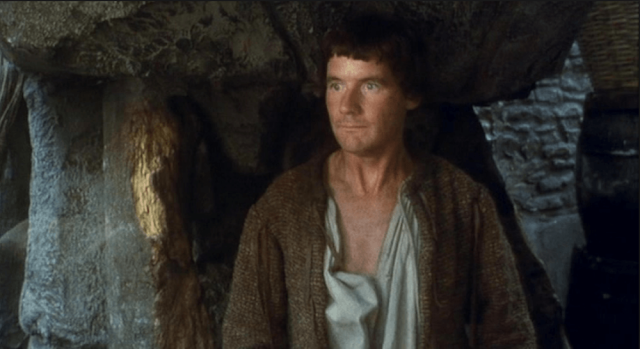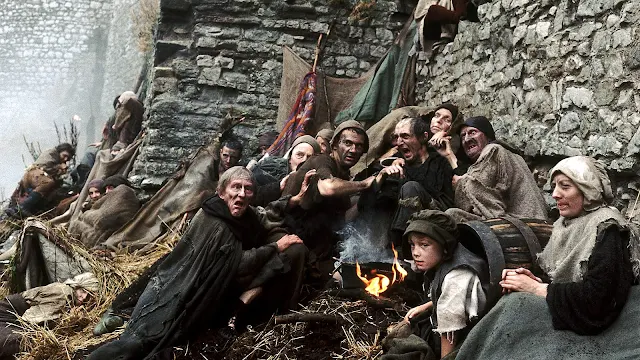Single All the Way (Michael Mayer, 2021)
Cast: Michael Urie, Philemon Chambers, Luke Macfarlane, Kathy Najimy, Jennifer Coolidge, Barry Bostwick, Jennifer Robertson, Madison Brydges, Alexandra Beaton, Dan Finnerty. Screenplay: Chad Hodge. Cinematography: Eric Cayla. Production design: Guy Lalande. Film editing: Adriaan van Zyl. Music: Anton Sanko.
It’s hard to know who the sexless gay romantic comedy Single All the Way was made for: people who think Will and Grace is too raunchy? It certainly wasn’t made for a gay audience. It even seems to have inspired a backlash with such gay romcoms as Fire Island (Andrew Ahn, 2022) and Bros (Nicholas Stoller, 2022), in which gay men are having sex with one another and enjoying it. Single All the Way is mostly set in an idyllic New Hampshire town, to which Peter (Michael Urie) returns for Christmas accompanied by his roommate, Nick (Philemon Chambers), with whom he is not having sex. They are greeted by his large, boisterous family who seem to want Peter to have sex, especially with Nick. Except, that is, Peter’s mother (Kathy Najimy), who wants him to have sex with the only gay man in town, her hunky spinning instructor, James (Luke Macfarlane). At this point, you’re probably asking yourself what gay man wouldn’t want to have sex with Luke Macfarlane, but Peter is reluctant to be pushed into any such thing. Of course, the word “sex” is never mentioned. The idea is for Peter to find himself in what these straight people consider ideal: what they would call a “committed relationship.” Chad Hodge’s screenplay leaves no romcom cliché unused as the movie proceeds toward its obvious conclusion: Peter and Nick declaring their love for each other. (Maybe they even have sex, but the film is too squeamish to suggest that.) Gay icon Jennifer Coolidge is there for what fun the movie provides, as Peter’s addle-brained aunt who is directing the town’s Christmas pageant. The absence of chemistry between Urie and Chambers is only one of the film’s problems, and given the apparent squeamishness about gay sex, perhaps its least.








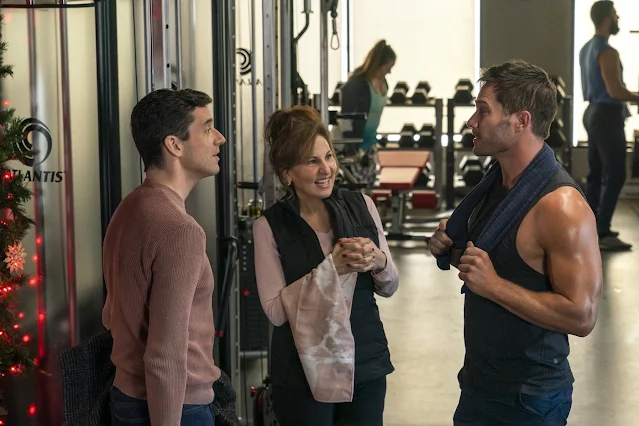






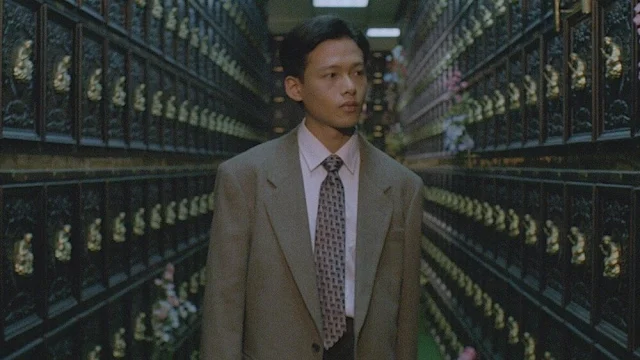







.jpg)









.jpeg)
.jpeg)
.jpeg)



